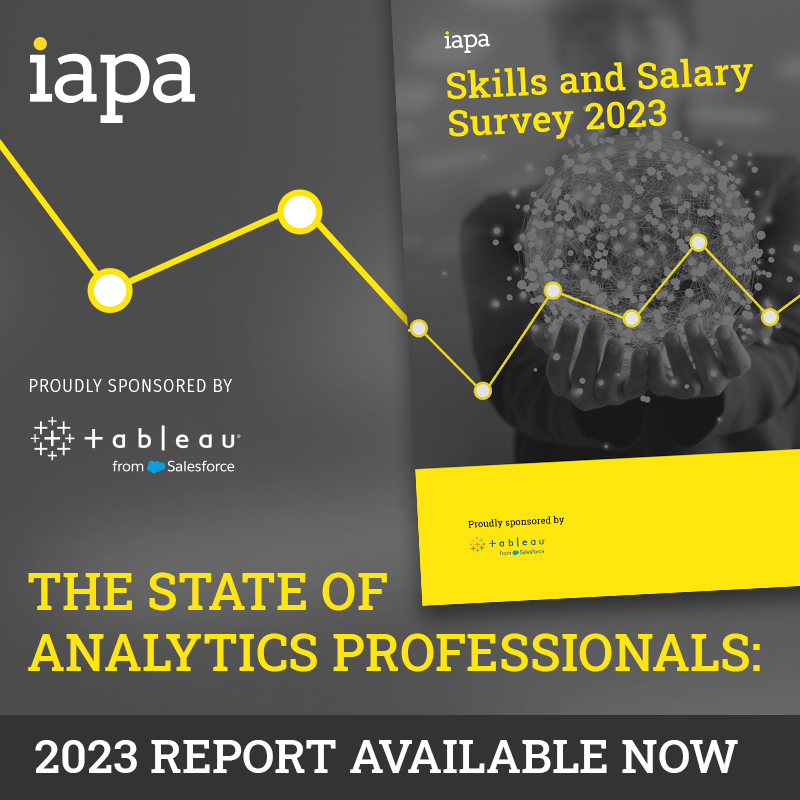The Australian National University has released a 10-year program to expand Australia’s artificial intelligence capability.
The Autonomy, Agency and Assurance Institute (3A Institute), based within the Australian National University’s (ANU) College of Engineering and Computer Science and co-founded by CSIRO’s Data61, is part of this expansion to put Australia as a world leader in responding to technological disruption.
The program brings together top global researchers from a range of disciplines such as sociology, psychology and economics to tackle complex problems around artificial intelligence (AI), data and technology.
The institute will look at disruption’s impacts on humanity, the implications it will have on various industries and its technical capabilities.
Appointed as leader of this institute is anthropologist and technologist, Professor Genevieve Bell, a leader in her fields and key to the interdisciplinary research principle being followed.
ANU Vice-Chancellor Professor Brian Schmidt said apart from the new institute driving innovation, research and policy responses, its principle of combing disciplines would help in finding solutions to global issues.
“It isn’t just about engineering and computer science, it’s also about anthropology, sociology, psychology, economics, philosophy, public policy and many other disciplines – you have got to put it all together to get to the best answers possible.
“Professor Bell’s extraordinary experience and depth of knowledge in this area will ensure Australia remains prepared to meet the big social, cultural and political questions around our technological future,” he said.

Professor Genevieve Bell. Source: ANU
Data61 CEO Adrian Turner echoed Schmidt’s sentiments, saying Australia should rely on its strengths in cyber systems to become a world leader in AI, as IT, biological, and advanced materials disciplines converge, and become data-driven.
“Building on our national strengths in cyber-physical systems, interdisciplinary research is needed now more than ever to understand how we can integrate resulting new technologies into our lives for economic and societal benefit.
“The 3A Institute will be an important way for us to achieve this and move the nation forward,” he said.
Dean of the ANU College of Engineering and Computer Science, Professor Elanor Huntington, said the appointment of Professor Bell would ensure ANU was put on the map as a leader in AI.
ANU was recently named the second best university in Australia behind the University of Melbourne and ahead of the University of Sydney, according to the Times Higher Education’s (THE) World University Rankings 2018.
Bell said the AI project will be looking closely at ‘assurance’ and things that fall under this term like risk, indemnity, privacy and trust.
“How are we going to feel in a world where autonomous agents are doing things and we aren’t? How are we going to be safe in this world?
“We, as humans, are simultaneously terrified, optimistic and ultimately ambivalent about what it’s going to be like,” she said.
Backed by the government
Minister for Industry, Innovation and Science, Hon Arthur Sinodinos welcomed ANU’s 10-year-program, stating that technological advancement had the potential for social and economic disruption.
Sinodinos said science alone could not solve the challenges AI is bound to introduce, and commended the university for implementing interdisciplinary research.
“AI has the potential to impact all levels of society. It represents a huge opportunity for Australia, but in order to seize this opportunity, we need a collaborative approach to understanding its implications,” he said.




.jpg)





